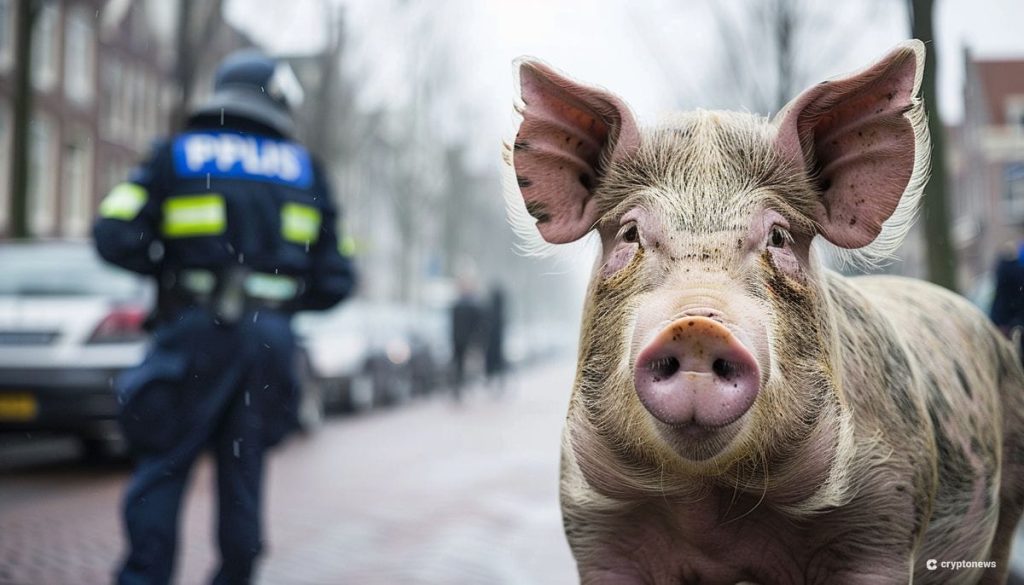Rotterdam’s police played a critical role in dismantling a major fraud operation known as the “pig butchering” scam. This scam preyed on victims through dating and social media platforms and targeted their savings. Operation Spincaster, an international crackdown, revealed 186 victims in the Netherlands, with additional targets identified in several countries including the US, UK, Australia, Canada, and Spain. Law enforcement agencies collaborated with Chainalysis and cryptocurrency exchanges to freeze accounts, confiscate assets, and trace over $162 million swindled by the fraudsters. The thwarted cases included a Dutch investor on the verge of losing €65,000 from his cryptocurrency account.
The pig butchering scam, also called approval phishing, involves convincing victims to authorize the transfer of funds for cryptocurrency investments. Originating in China, the scam spread globally during the COVID-19 pandemic, with criminal syndicates using human trafficking victims in call centers to carry out the fraud. Fraudsters build relationships with their victims on social media or dating sites, persuading them to transfer small amounts into cryptocurrency accounts. Victims are then asked to sign an approval document that allows the fraudsters to withdraw funds, ultimately draining their savings. Detective Matthew Hogan of the Connecticut State Police discussed this rise in crypto-related scams in a recent podcast on the Public Key.
Victims of the pig butchering scam are often young individuals enticed by the promise of romance or quick wealth. Criminals exploit the fear of losing invested money to convince victims to invest more quickly. Many victims end up losing everything, taking out extra mortgages and loans to fuel their investments. In the US, crypto romance scams have also caused significant financial losses, with individuals like tech professional Shreya Datta from Philadelphia experiencing losses of $450,000. Santa Clara Deputy District Attorney Erin West receives numerous emails daily from victims of pig butchering scams, with one victim losing $5 million.
The stolen funds from these scams are often funneled overseas to transnational criminal organizations in countries like Myanmar and Cambodia. Trafficked individuals are used as virtual slaves to carry out the pig butchering scams, exacerbating the issue. Law enforcement agencies and cybersecurity firms such as Chainalysis are working together to combat these scams and protect vulnerable individuals from falling victim to fraudulent schemes. The international collaboration has been instrumental in unraveling the pig butchering network, freezing assets, and tracing millions of dollars swindled by the fraudsters. It is essential for individuals to remain vigilant and cautious when engaging in online interactions to avoid falling prey to these scams that can result in devastating financial losses.












